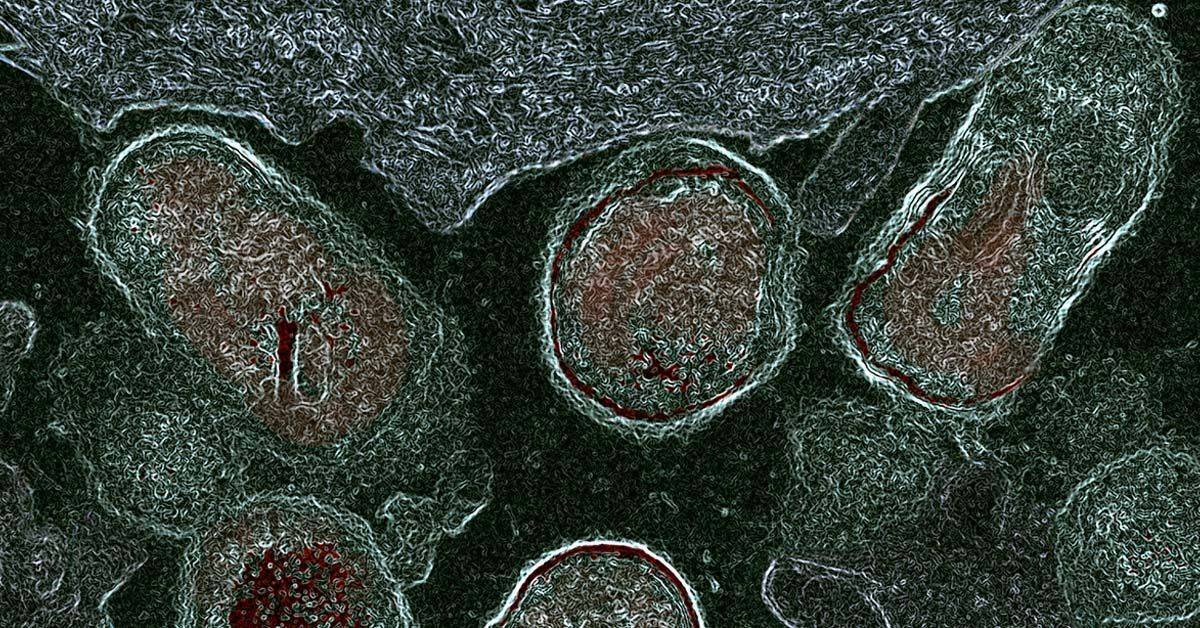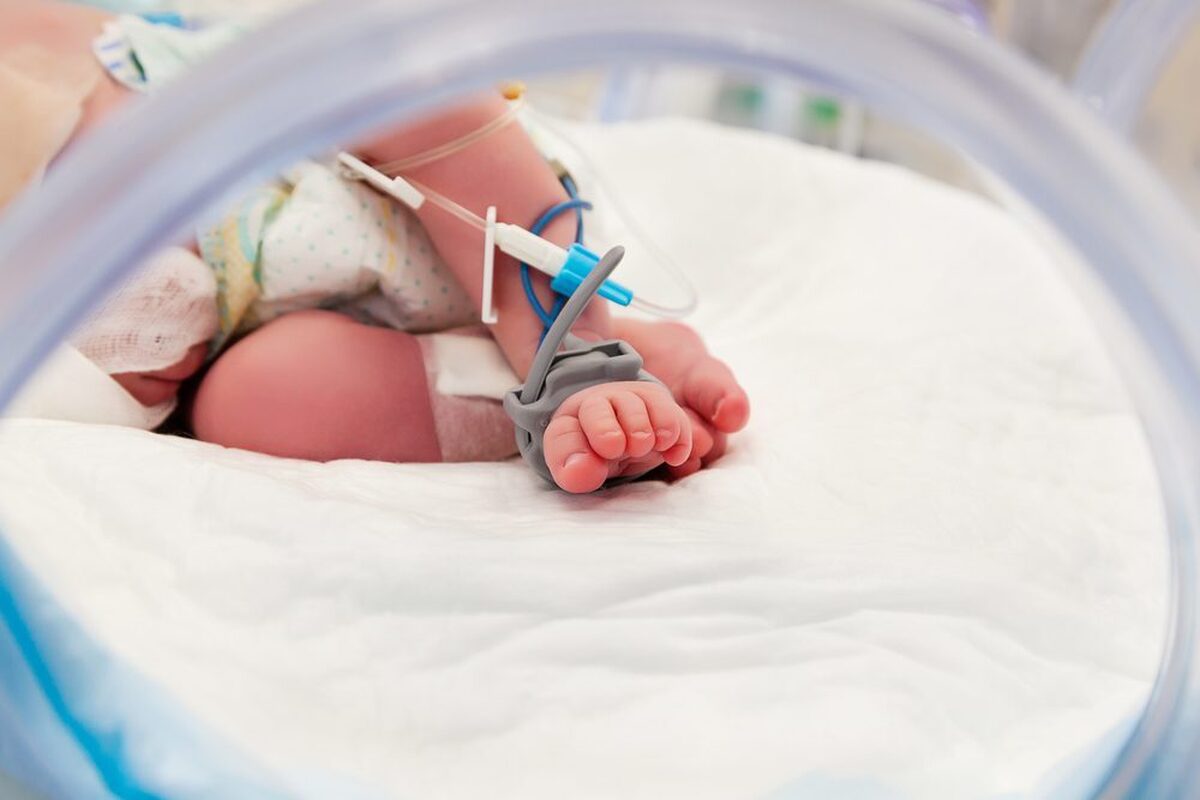Researchers Unveil Variations of Pregnancy Microbiome, Links to Reproductive Disorders

The study, jointly conducted by a team consisting of researchers from the Beijing Institutes of Life Science under the Chinese Academy of Sciences and the Shanghai Changzheng Hospital, has been published in the journal Science Bulletin.
During pregnancy, the female microbiome undergoes significant changes, which may lead to reproductive disorders. Nevertheless, there is a lack of large-scale integrated investigations that characterize microbiome dynamics across key body habitats.
In this regard, researchers performed an extensive meta-analysis that compiles and analyzes microbiome profiles from over 10,000 samples across the gut, vagina, and oral cavity of pregnant women from diverse geographical regions.
They unveiled unexpected variations in the taxonomic, functional, and ecological characteristics of microbial communities throughout the course of pregnancy, and established a comprehensive atlas of the pregnancy microbiome by integrating multidimensional datasets.
Researchers found that as pregnancy advances, the diversity and composition of the gut microbiota undergo significant changes, adapting to fluctuations in hormone levels during pregnancy, which may affect maternal metabolism and immune system.
The study also discovered a correlation between an increased abundance of bacteria from the genus Bacteroides and a higher occurrence of gestational diabetes, suggesting that the bacteria could serve as a crucial biomarker for monitoring maternal health.
During pregnancy, the diversity of vagina microbiota decreases, while the abundance of Lactobacillus significantly increases. Potential disruption of the microbial ecosystem dominated by Lactobacillus may affect pregnancy outcomes.
The study also revealed that the vagina microbiota network of women who deliver preterm exhibits greater disturbances compared to healthy pregnant women. There is a significant decrease in Lactobacillus abundance in the preterm group. This phenomenon is observable in early pregnancy and predictable by machine learning models.
By comparing the oral microbiota of healthy pregnant women from different regions, researchers found that the oral microbial variations are relatively stable during pregnancy. Significant differences, however, were observed in the microbial composition and diversity of pregnant women with gestational diabetes, with an obvious decrease in Streptococcus and an increase in Corynebacterium.
These changes could serve as a basis for the early diagnosis of gestational diabetes. Additionally, it suggests that oral microbiota might be used as a relatively stable and easily detectable indicator for monitoring maternal health during pregnancy.
The intricate ecosystem of pregnancy microbiome holds profound implications for the health of both mothers and fetuses. In-depth research in this field is poised to offer novel insights into future clinical practices and medical technologies.
4155/v
























